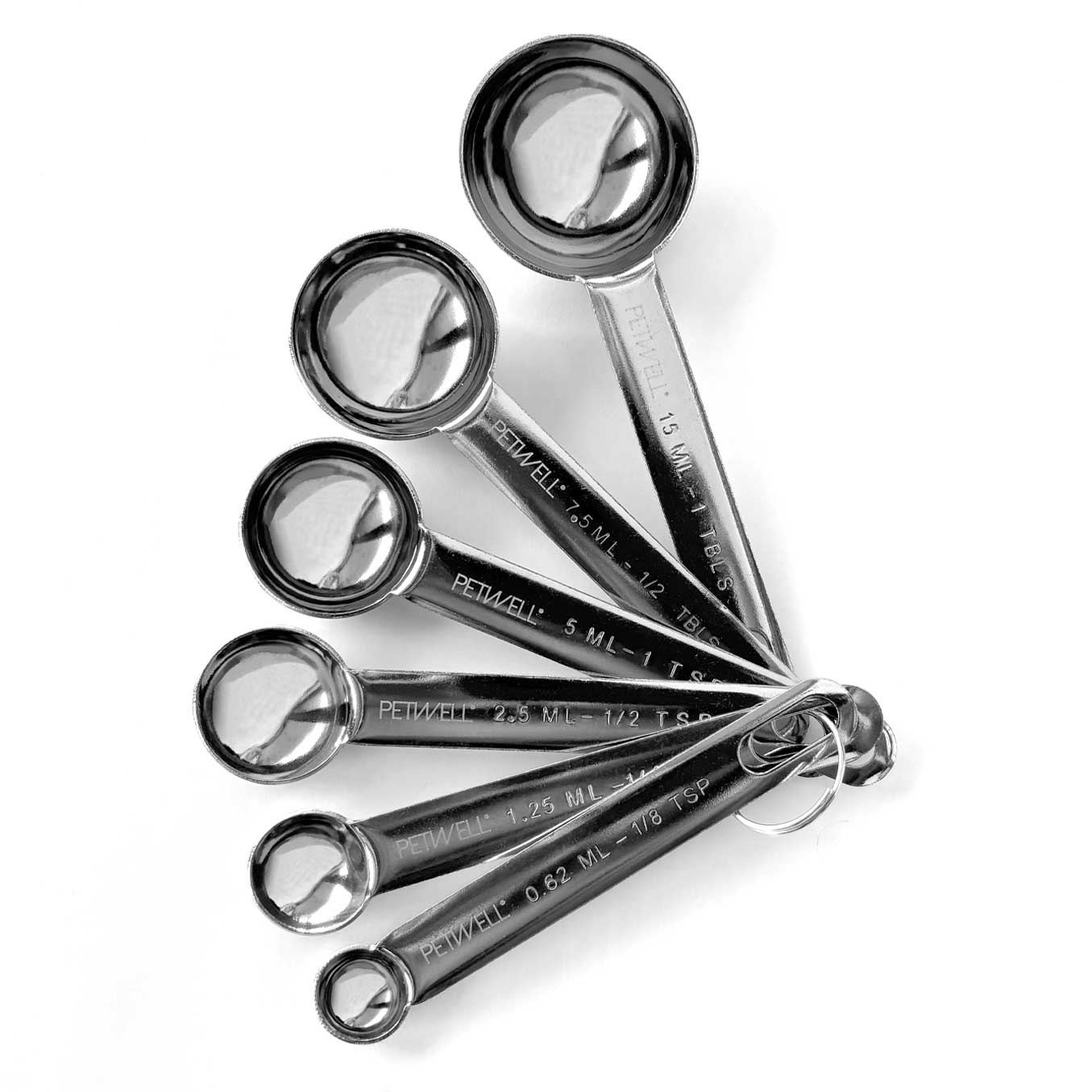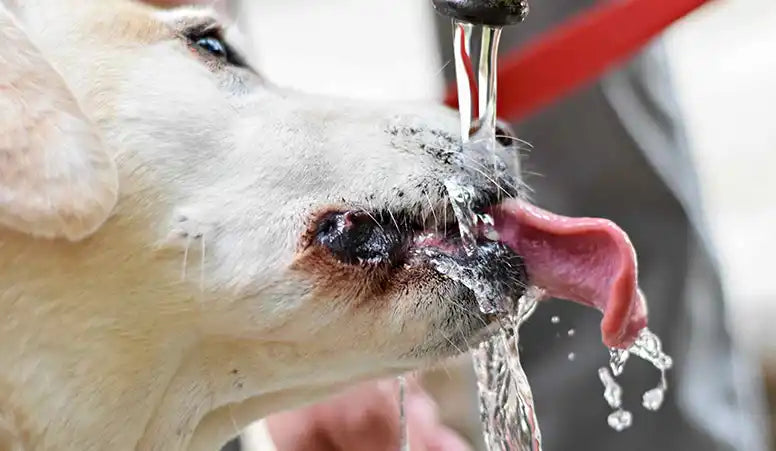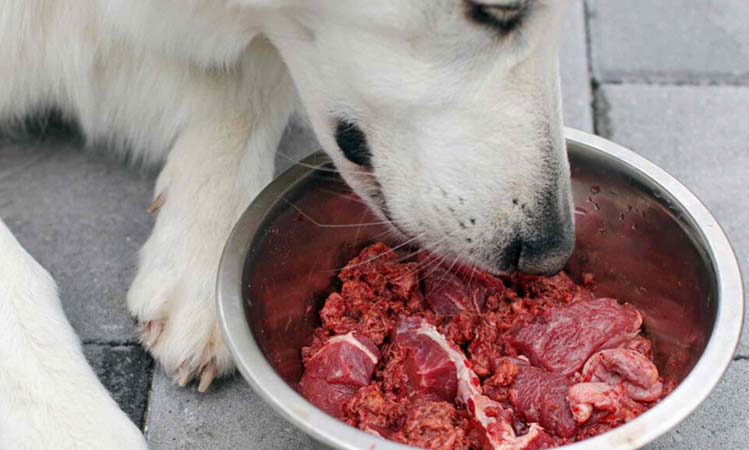There are many reasons as to why dogs bark, main one is dogs bark to communicate but when it becomes constant, it’s usually a sign they’re trying to tell you something.
Understanding the reason behind your dog’s barking is the key to calming the behaviour kindly and effectively.
Why Do Dogs Bark?
Barking is totally normal, it’s basically your dog’s version of texting and voice notes… just louder. Expecting a dog not to bark is a bit like expecting a toddler not to talk. But excessive barking? That’s their way of saying, “Hey, something isn’t right.”
Before jumping to conclusions, look at the situation around them.
Ask yourself:
- What’s happening right now?
- Has something changed?
- What’s their body language telling me?
A dog’s environment deeply affects their state of mind, and that shows up in their behaviour, including barking.
What Are the Most Common Reasons Dogs Bark?

Not all barks are created equal. The pitch, length, and intensity of a bark can tell you whether a dog is excited, anxious, protective, or in discomfort.
Let’s break down the 7 most common reasons dogs bark and what you can do to help.
1. Why Do Dogs Bark for Attention or Food?
Some dogs quickly learn that barking gets them snacks, cuddles, or a walk.
These barks are usually sharp, short, and accompanied by:
- Tail wagging
- Relaxed posture
- A very hopeful head tilt
What to do:
Ignore the bark and avoid eye contact. Once they’re calm and quiet, that’s when you reward them. You’re teaching them that silence is golden.
2. Can Pain or Health Issues Cause Barking?
Absolutely. Sudden or unusual barking can signal pain. Think:
- Joint discomfort
- A sting or bite
- Tummy upset
- Mobility issues
These barks can be low, whimpery, or even turn defensive if another dog or human gets too close.
What to do:
Always rule out a health issue first. If you suspect pain, get your pup to the vet promptly.
3. Why Do Dogs Bark When They Have Separation Anxiety?
Dogs with separation anxiety don't just bark, they plead. You may also see:
- Lip licking
- Drooling
- Pacing
- Whining or howling
What to do:
Help them build confidence in being alone:
- Start with leaving the room for a few minutes
- Gradually increase the time
- Pair absences with something positive (lick mats, enrichment toys, or a favourite treat)
- Celebrate their calm behaviour when you return
Read more about Separation Anxiety in Dogs: How to Help Your Dog
PetWell support:
CALM Stress support (powder or CALM + TURKEY treats) can help soothe the nervous system and make alone-time a little less scary.
4. Do Dogs Bark When They’re Bored or Lonely?
Oh yes, boredom barking is real. Dogs are social animals, so when their days lack stimulation or company, they fill the silence with… noise.
Signs include:
- Barking for long periods
- Restlessness
- Attention-seeking behaviours
What to do:
Give them variety and connection:
- Daily play
- Food-dispensing toys
- Training games
- Bringing them indoors more often
- Outings to pet-friendly cafés (simple but so effective)
Understanding the reason behind your dog’s barking is the key to calming the behaviour kindly and effectively.
5. Why Do Dogs Bark When They’re Excited?
This is the happy, bouncy kind of barking you hear when you grab the lead or come home from work.
Typical cues:
- Whole-body wiggles
- Tail helicoptering
- Wide eyes
- Whines mixed with high-pitched yaps
What to do:
Turn away and wait for calm. Then reward. Give them high value treats like PetWell freeze-dried, raw single ingredient treats.
You’re teaching them: “Calm behaviour gets your attention faster.”
6. Why Do Dogs Bark at Noises or “Alerts”?
Dogs have superhero hearing. When they hear something unusual, a knock, footsteps, a possum on the fence, they notify their household.
Alert barking includes:
- Ears pricked
- Body stiff
- Tail up
- Short, loud bursts of barking
What to do:
Check what triggered them. Don’t punish the alert, they’re doing their job. But you can train a “Quiet” cue once they settle.
7. Why Do Dogs Bark When They’re Territorial or Protective?
If a stranger steps too close to their home or family, many dogs will instinctively bark to warn them off.
These barks can be:
- Deep
- Repetitive
- Paired with growling
- Driven by fear, not “jealousy”
What to do:
Ask visitors to ignore the dog and avoid eye contact. Once your dog relaxes, reward the calm behaviour with praise or the PetWell CALM + TURKEY treat.
What Should You Not Do When Your Dog Is Barking?

Even with the best intentions, some responses make barking worse. Avoid:
- Shouting - they think you’re barking too
- Punishing - it increases fear
- Giving treats or cuddles mid-bark - you reinforce the behaviour. Wait for them to stop.
- Shock collars - harmful and unnecessary
What Should You Do Instead?
- Rule out any underlying health issue
- Stay calm and stay consistent
- Observe their body language
- Provide enough physical AND mental enrichment
- Desensitise the trigger where possible
- Ask a qualified canine behaviourist for support if needed
Can Supplements Help Reduce Barking Linked to Anxiety or Stress?
Many dogs bark because they’re overwhelmed or uneasy. Supporting their nervous system can help.
PetWell CALM (powder + treats):
- Helps regulate stress
- Supports the gut–brain axis
- Made with human-grade chamomile, goat’s milk, green tea, and more calming herbs
- Vet-reviewed and animal-naturopath formulated
- Suitable for dogs and cats
Pairing CALM with consistent training can reduce anxious barking significantly.
Read more about Dog Behaviour Problems & Natural Fixes
In Summary
Dogs bark, it’s part of who they are. But when that barking becomes excessive, it’s usually because they’re trying to tell you something. By observing the situation, understanding the “why,” and responding calmly and consistently, you can help your dog feel safe, supported, and settled.
And when stress or anxiety is part of the picture, PetWell CALM can give them that little extra support while you work on the behaviour.
Disclaimer: The entire contents of PetWell emails and website are not to be taken as medical advice. The team at Pet Squad Pty Ltd trading as PetWell encourages you to make your own pet health care decisions based on your research and in partnership with a qualified pet healthcare professional.
This article was prepared by the team at PetWell. Australia’s trusted provider of natural, human-grade pet supplements and freeze-dried treats for dogs and cats. Drawing on holistic animal behaviour insights and years of working with canine clients, PetWell champions kind, calm and scientifically informed solutions for every pet parent.
Posted By Ayda Hornak - Trained in Canine Psychology and Natural Animal Nutrition Care















































